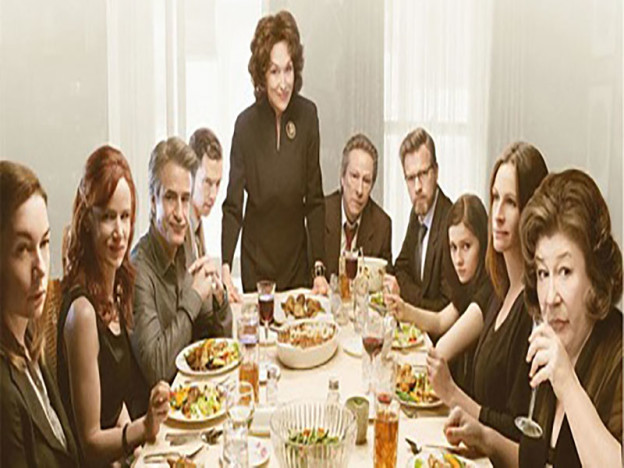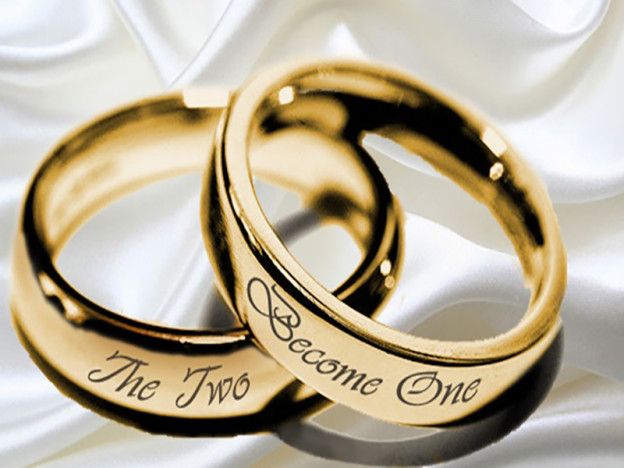I’m of the opinion there’s incredible value for a Christ follower to operate from a Biblical worldview. So, what’s a Biblical worldview? A worldview is a system of presuppositions by which one witnesses world and culture. Chuck Colson defined worldview as “the sum total of our beliefs about the world.” It’s an ideology or philosophy of how the world works and how to engage the world. So what’s a Biblical worldview? It’s a system of presuppositions based upon Scripture. The principles and truths presented in Scripture become the framework by which we live, lead, and see the world.
We all have a worldview – a set of personal biases by which we engage context, culture, life, and politics. The direct question asks, “What is your worldview?” What set of biases or beliefs incorporate your established framework or worldview? Is Scripture the basis for your framework or system? Do you view the world through Scripture?
I don’t think a Biblical worldview develops overnight. This life framework develops through reading, understanding, application, and growth. It’s not a sound bite theology, but a woven understanding of Biblical precepts and principles by which we choose to engage the world. Below is a portion of my Biblical worldview – these are my biases, my interpretation or lens through which I view the world, issues, causes, and culture.
- The Gospel is essential. It’s the story of Jesus – the story of God’s plan for redemption and reconciliation. More than just a plan it’s the action of God. Jesus is God’s only Son sent on mission to die and to be raised. Jesus is our salvation. With Christ is life; without Christ is lostness. (John 3:16-17)
- The Bible is God’s self-revelation of Himself to man. The Scriptures are inspired, God-breathed, useful for instruction, and valuable for correction. (2 Timothy 3:16-17)
- Within the Bible, God reveals a moral code and basis for absolute truth. This moral code is the framework by which a believer lives. There is absolute truth. Know the truth and it will set you free. (Hebrews 4:12, John 8:31-32)
- Life is sacred both from the point of conception to the last moment of natural life. Life is to be honored, protected, and valued. (Jeremiah 1:5)
- Marriage is defined as a covenant relationship established between one man and one woman. (Ephesians 5:31)
- We are called to care for the poor, needy, and less fortunate. Our goal should be more than subsidize poverty but create sustainable solutions to help individuals and families out of poverty.
- God ordained work and gave us a model work ethic. (2 Thessalonians 3:10)
- Generosity is a way of life – not only with our material goods, but also with our time and abilities. (Acts 20:35)
- We are called to carry burdens (things others can’t do for themselves), but each of us should shoulder our own load (stuff we’re responsible for and have the ability to shoulder). (Galatians 6:2-4)
- We are to be good stewards of the entrustment – steward well. (Matthew 25:14-30)
- I believe in equal rights. There is no distinction in Christ. We are all one in Christ. (Galatians 3:28) • Freedom is a gift. We have the right to exercise this gift. Freedom should never be taken for granted; use freedom well. No man or woman should live under the bondage of slavery but be free from oppressive individuals, groups, and governments. (Galatians 5:1, 1 Peter 2:16)
- Grace is a way of life. Everyone deserves a second chance. (2 Corinthians 12:8-9)
- I believe God has given every person the ability to choose – free will. I believe God is sovereign enough to grant His creation free will – the ability to choose. (Joshua 24:15)
- I bear personal responsibility and am held accountable for my actions, attitudes, and behaviors. (Romans 14:12)
- Heaven and Hell are real, personal, and literal realities. (Luke 16:19-31)
- The fruit of the Spirit is love, joy, peace, patience, kindness, goodness, faithfulness, gentleness, and self-control. Evidence of these is indication of the Spirit’s leading and maturing process in the Christ follower’s life. (Galatians 5:22-23)
These are a few of my biases, some of the beliefs that create and shape my framework – how I see, interact, and engage life, culture, and the world. The references noted aren’t the end all in the discussion or an effort to proof text, but just an example. In 2003, the Barna Group determined only 9% of born again Christians (USA) held a Biblical worldview perspective. The same study revealed nearly half (51%) of America’s Protestant pastors operate from a Biblical worldview. What are your biases and where do they find their origination? What is your worldview?





Mr. Hoffmann,
I enjoyed reading your post! I’m currently just browsing around blogs because I’m creating one for one of my classes this semester based off of questions raised in the book “What’s Your Worldview?” by James Anderson. I appreciate how you supported all of your biases with Scripture and I went back to read how they related…it got me thinking! Also, I was surprised about small percentage of Christians who held a Biblical worldview…very interesting!